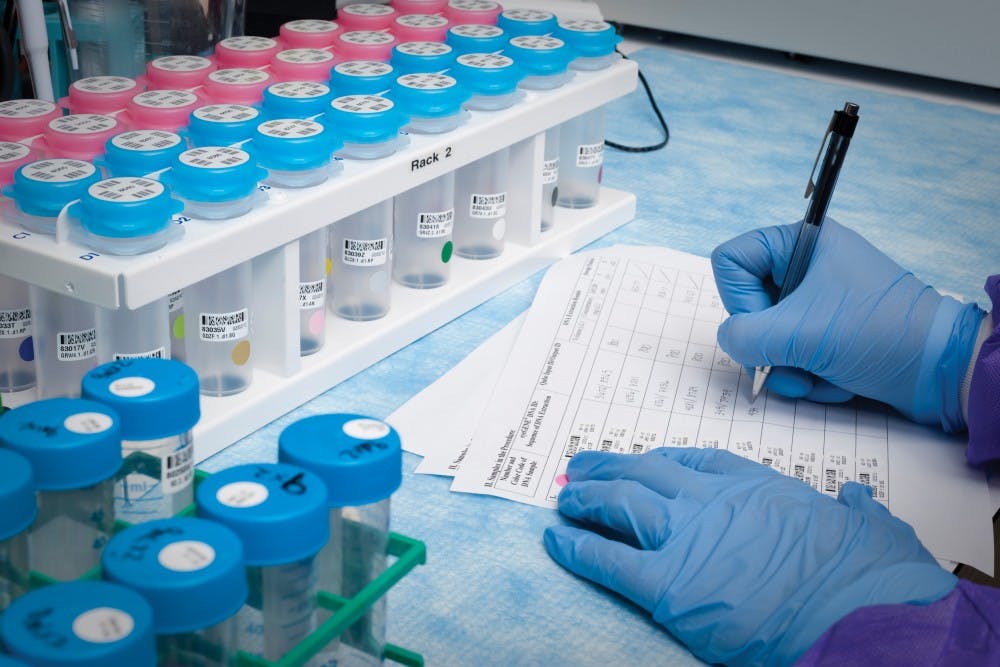Researchers at Penn Medicine identified a possible reason for why cancer often spreads quickly to the liver.
Their study, published in the Nature research journal, highlighted a chain reaction involving specific liver cells that prompt the liver to be more susceptible to cancer development. Researchers at the Abramson Cancer Center found that halting this process by using antibodies to block the chain reaction can potentially limit the spread of cancer to the liver.
The study, published on March 6, showed that specific liver cells respond to certain pro-inflammatory molecules and activate multiple proteins that make the liver more prone to cancer. The researchers also found that targeting and deleting certain proteins decreases the liver cells' susceptibility to cancer-related changes.
Researchers analyzed human data from Mayo Clinic as well as collected their own data from mice.
According to the American Cancer Association, in the past forty years, diagnoses of liver cancer have more than tripled in the United States. The cancer is more common in men than in women and is expected to cause more than 30,000 deaths in the United States in 2019.
Jae Lee is the lead author of the study and works with Gregory Beatty, an assistant professor of Hematology-Oncology at the Perelman School of Medicine. Lee, who is a Penn medical degree and doctorate candidate, presented his findings at the annual meeting of the American Association for Cancer Research in Chicago last spring.
“The liver is an important sensor in the body,” Lee told Penn Med. “We show that hepatocytes sense inflammation and respond in a structured way that cancer uses to help it spread."
Meredith Stone, a Penn post-doctoral fellow and co-author of the study, said the study was a collaborative effort involving several labs at Penn Med.
RELATED:
Perelman School of Medicine ranked third place for research in U.S. News report
Penn research shows promising signs that an FDA-approved drug could stop spread of cancer
Stone said she thinks that these findings, published on March 6, could have exciting implications for future research, as well as developing targeted cancer therapies.
This is far from the first stride Penn Medicine has made in cancer research. In a study published in August 2018, researchers at Penn Med described a new approach for treating glioblastoma, an aggressive type of cancer that led to the death of former U.S. Senator John McCain (R-Ariz.).









